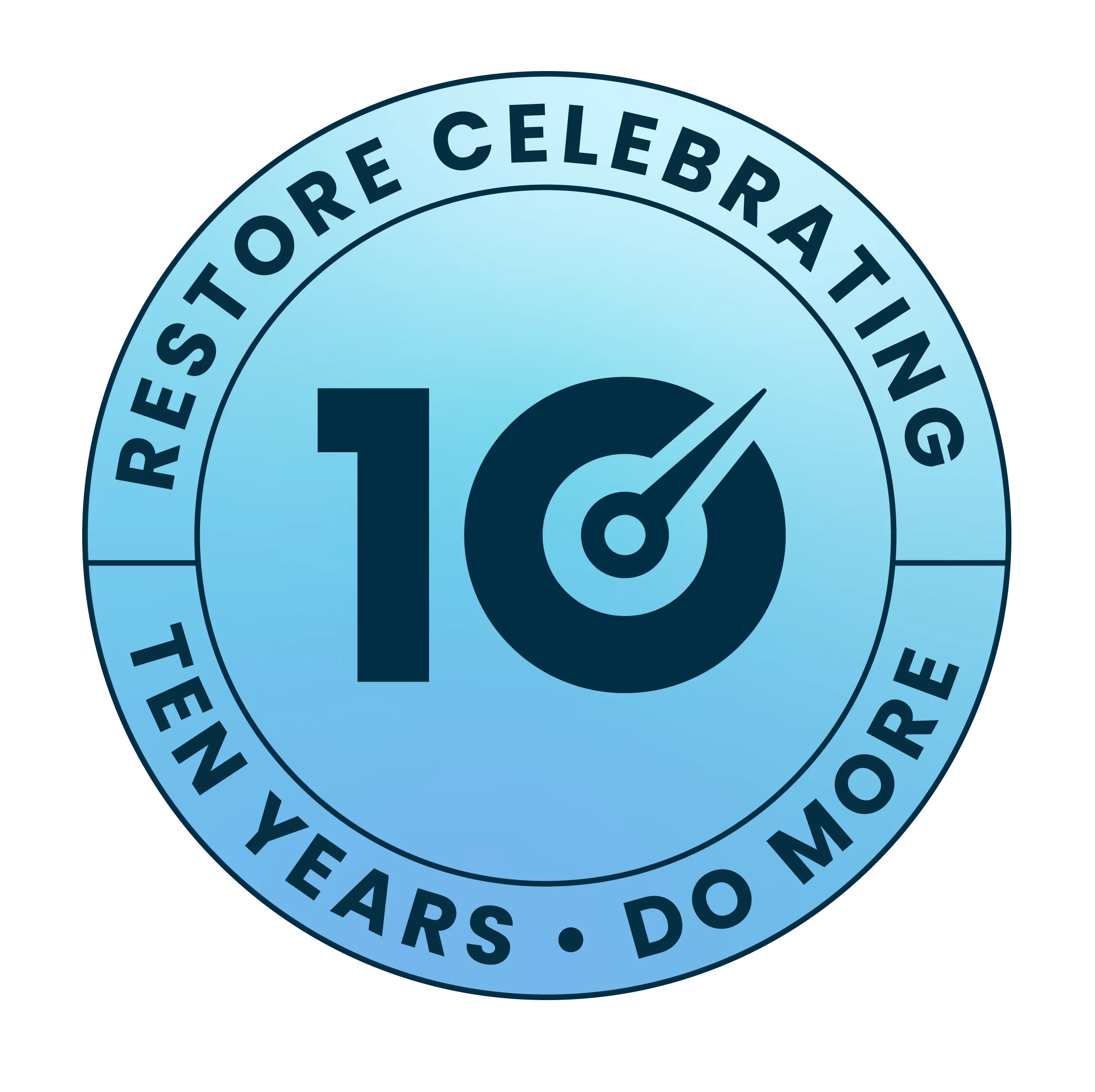According to the National Center for PTSD (post-traumatic stress disorder), those who serve in the military can be exposed to different types of traumas than civilians because of combat or missions that exposed service members to horrible and life-threatening experiences. And while it’s normal to have a stress reaction after witnessing a traumatic event, PTSD symptoms may start later, or may come and go over time, or interfere with your work or home life.
And while about 6 out of every 100 people (or 6% of the population) will have PTSD at some point in their lives, those numbers drastically increase for service members in the U.S.
The number of Veterans with PTSD varies by service era:
Operations Iraqi Freedom (OIF) and Enduring Freedom (OEF): About 11-20 out of every 100 Veterans (or between 11-20%) who served in OIF or OEF have PTSD in a given year.
Gulf War (Desert Storm): About 12 out of every 100 Gulf War Veterans (or 12%) have PTSD in a given year.
Vietnam War: It is estimated that about 30 out of every 100 (or 30%) of Vietnam Veterans have had PTSD in their lifetime.
So the likelihood of developing PTSD more than doubles for Veterans. But here’s the good news: you can get treatment for PTSD — and it works. According to the U.S. Department of Veteran Affairs, “If you have PTSD, you have treatment options. There are talk therapies and medications that have been shown to work in multiple studies.” And it doesn’t stop there. This pamphlet on PTSD outlines the various approaches to treatment and how it could affect your life, in addition to a Decision Aid to help you decide which treatment best suits your needs.
But the work doesn’t need to be consolidated into therapy either. In recent years, numerous studies have linked diet and nutrition to PTSD, and while these will not cure PTSD alone, they can also optimize your body and brain for treatment of and recovery from PTSD.
Nutritional health for PTSD
Increase Fiber Intake
According to new analysis from the Canadian Longitudinal Study on Aging, there are statistical associations between health factors and PTSD. The CLSA is a large, long-term study of the Canadian population that has been ongoing for more than 20 years. The researchers behind the new study examined the data for 27,211 individuals aged 45–85 years. Of these people, 1,323 had PTSD.
The study found that people who eat two or three sources of fiber per day are less likely to experience episodes of PTSD than those eating less fiber.
Lead author Karen Davison, director of the Nutrition Informatics Research Group and health science program faculty member at Kwantlen Polytechnic University in Surrey, British Columbia, suggests a reason for this finding: “It is possible that optimal levels of dietary fiber have some type of mental health related protective effect.”
Davison says that this may have to do with short chain fatty acids (SCFAs), which originate in the gut. “SCFA molecules can communicate with cells and may affect brain function,” she explains.
Balance Blood Sugar Levels
A sugar rich diet will also cause insulin fluctuation, which in turn can make emotional responses and moods feel more intense. Processed foods are quick to be broken down by the body into glucose, which causes a sugar spike. Equally there is research that suggests eating too much sugar decreases our B vitamins. Cut down on sugar and processed foods and replace them with more complex carbohydrates.
Increase Vitamin D Intake
In January of 2020, researchers discovered a relation between post-traumatic stress disorder and reduced vitamin D levels. Vitamin D deficiency is also associated with cognitive decline, depression, and may prolong recovery following mild traumatic brain injury (mTBI). Your body produces Vitamin D when direct sunlight converts a chemical in your skin into an active form of the vitamin (calciferol). It can also be supplemented through a multivitamin, IV Drip or IM Shot.
Consider Prebiotics and Probiotics
In December of 2021, a study was released which found that U.S. Veterans suffering from high levels of PTSD had alterations in their gut microbiota. The research also found significant associations between the gut microbiota composition and gastroenteritis, peripheral vascular disease (PVD), bipolar disorders and symptoms of severe depression. “We found that PVD and cardiovascular disease were associated with lower microbiota diversity in the gut (i.e., α-diversity), while supplemental vitamin use was associated with higher α-diversity,” wrote the researchers. To diversify you gut microbiome, eat a diverse range of foods, and supplement that diversity with prebiotics (foods that promote the growth of beneficial bacteria in the gut) and probiotics (live microorganisms, usually bacteria, that provide a specific health benefit when consumed, typically in yogurt.)
If you know someone who may be experiencing PTSD, the most important thing you can do is to help that person get the right diagnosis and treatment. The U.S. Department of Veteran Affairs has a PTSD portal here.




.jpg)

